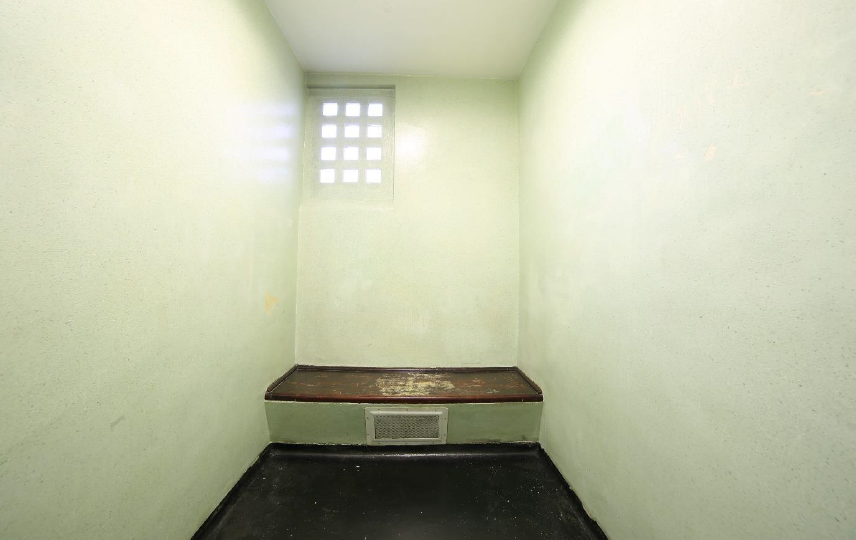Lay Observers have the opportunity to give a voice to those who are marginalised in our society. You will speak to staff and detained people to report on what is happening in court custody.

What will I do as a Lay Observer?
Lay Observers are volunteers who have full access to court custody suites and the vehicles on which detained people are transported. You will monitor and assess to what extent those held and transported are treated with decency and respect and how effectively their welfare is being managed. This will involve speaking to detained people and court staff as well as inspecting the conditions in which they are held and transported. You will be expected to make a minimum of 2 visits per month with the possibility of more for those who choose.
You will hear directly from those held in court custody
You will be able to speak with any detained person you wish to so they can voice any concerns. These can be wide-ranging issues such as access to medicine, legal representation, food and drink, and the conditions of the cell and transport.
You will report what you find
After each visit you will create a report on all your findings during the visit, covering both positive and negative observations and practices. HMCTS and PECS are responsible for reading and responding to Lay Observer reports. The National Chair produces an annual report for the Secretary of State which identifies key themes and highlights serious incidents and issues to provide an overall picture of the court system in England and Wales.

You will attend training
When you start as a Lay Observer you will undergo training which includes in person training, e-learning modules and shadowing experienced Lay Observers on court visits.
As part of continuous learning and development we also hold an annual training conference for all Lay Observers, and as well as regular regional meetings.
You will be an independent public appointee
All Lay Observers are appointed by the Secretary of State under the Criminal Justice Act 1991. All Lay Observers are unremunerated and independent of the Government.
Being a Lay Observer is recognised as a public duty under the Employment Rights Act 1996. Because of this employers are obliged to allow you some time off for Lay Observer work but they are not obliged to pay employees for this.
Expenses
Although this is an unpaid role, we pay travel and subsistence expenses, childcare/carer costs and, in certain circumstances, contributions towards loss of earnings.
